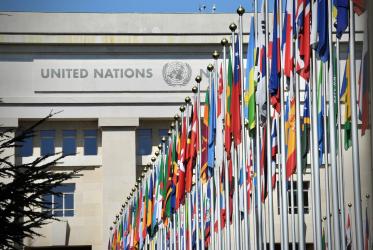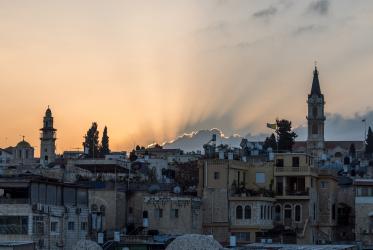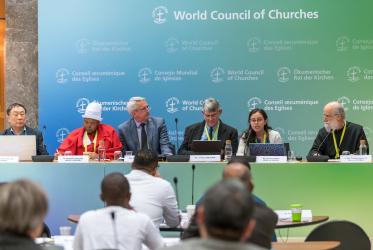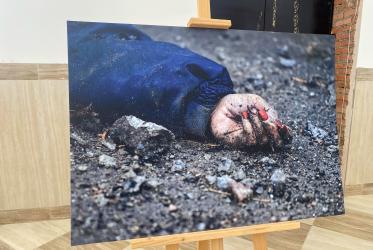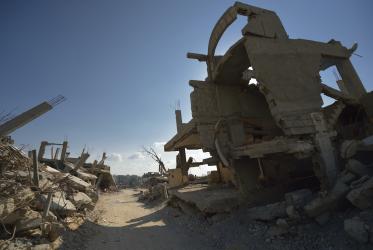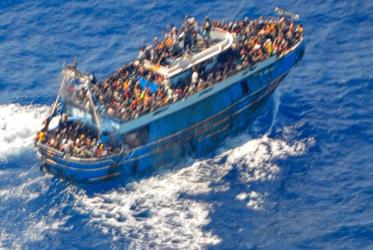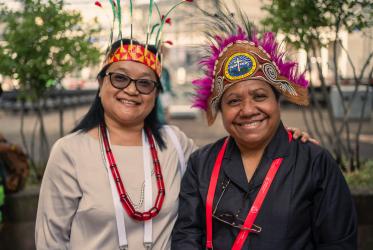Displaying 1 - 20 of 73
Easter Initiative 2024
01 March - 05 May 2024
Thirsting for peace: Gaza's water woes in the midst of war
31 January 2024
Tackling sexual violence in war
14 December 2023
WCC offers input to the UN New Agenda for Peace
13 April 2023
Pandemic and pedagogy: what are the valuable lessons?
21 December 2022


